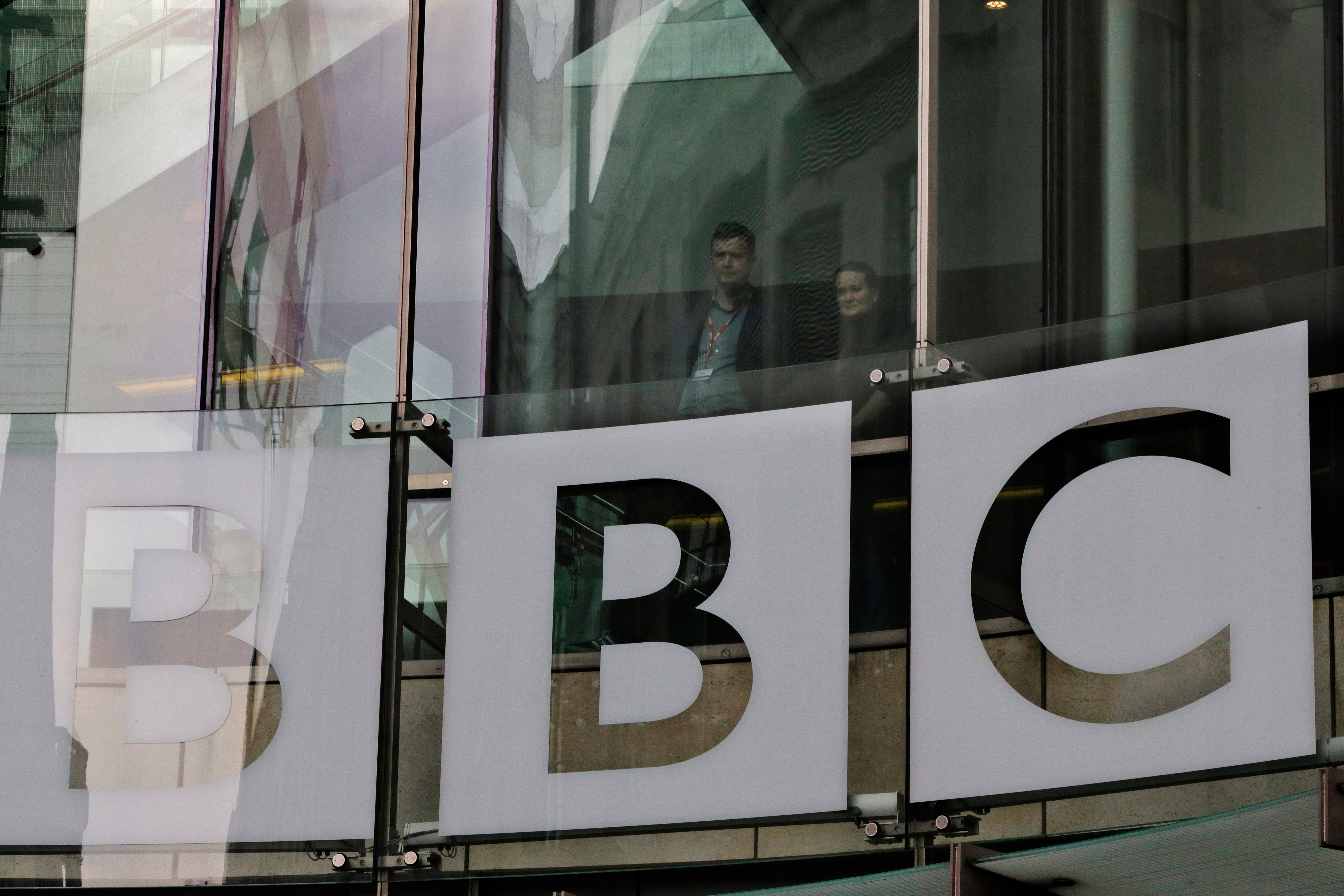Russian state TV: BBC correspondent's visa renewal refused
Russia has refused to renew a visa for a BBC journalist in Moscow — an effective expulsion amid simmering tensions between the two countries

Your support helps us to tell the story
From reproductive rights to climate change to Big Tech, The Independent is on the ground when the story is developing. Whether it's investigating the financials of Elon Musk's pro-Trump PAC or producing our latest documentary, 'The A Word', which shines a light on the American women fighting for reproductive rights, we know how important it is to parse out the facts from the messaging.
At such a critical moment in US history, we need reporters on the ground. Your donation allows us to keep sending journalists to speak to both sides of the story.
The Independent is trusted by Americans across the entire political spectrum. And unlike many other quality news outlets, we choose not to lock Americans out of our reporting and analysis with paywalls. We believe quality journalism should be available to everyone, paid for by those who can afford it.
Your support makes all the difference.Russia has refused to renew a visa for a BBC journalist in Moscow — an effective expulsion amid simmering tensions between the two countries — the Russian state television reported.
Rossiya 24 said late Thursday that BBC correspondent Sarah Rainsford will have to leave Russia before the end of the month when her visa expires. It said the Foreign Ministry s decision not to extend Rainsford's visa came in retaliation to British refusal to grant or extend visas to Russian journalists.
Rainsford and BBC wouldn't comment on the situation.
Russian Foreign Ministry spokeswoman Maria Zakharova said on her channel on a messaging app that the ministry had given detailed information to BBC representatives a few days ago. She wouldn't identify Rainsford by name and challenged the BBC to comment.
Zakharova charged that London has ignored “repeated Foreign Ministry warnings that it will take corresponding measures” in response to its treatment of Russian journalists. “We have made regular statements, urging the British to end persecution of Russian journalists,” she said.
Russia’s relations with the West have sunk to the lowest levels since the Cold War, following Moscow’s 2014 annexation of Ukraine’s Crimean Peninsula, accusations of Russian interference with elections, hacking attacks and other tensions.
Relations between Russia and Britain have remained particularly strained after the 2018 poisoning of former Russian spy Sergei Skripal and his daughter, Yulia in an attack with a Soviet-designed nerve agent that British authorities said had almost certainly approved been “at a senior level of the Russian state” — an allegation that Moscow has vehemently denied.
In a June incident that further aggravated ties, Russia said one of its warships fired warning shots and a warplane dropped bombs in the path of the British destroyer HMS Defender to chase it away from an area near Crimea that Moscow claims as its territorial waters. Britain, which like most other nations didn’t recognize Russia’s 2014 annexation of Crimea, insisted the Defender wasn’t fired upon and said it was sailing in Ukrainian waters.
Russian President Vladimir Putin has described the incident as a provocation, and Moscow warned that next time the Russian military could fire to hit intruding warships if they don't heed warnings.